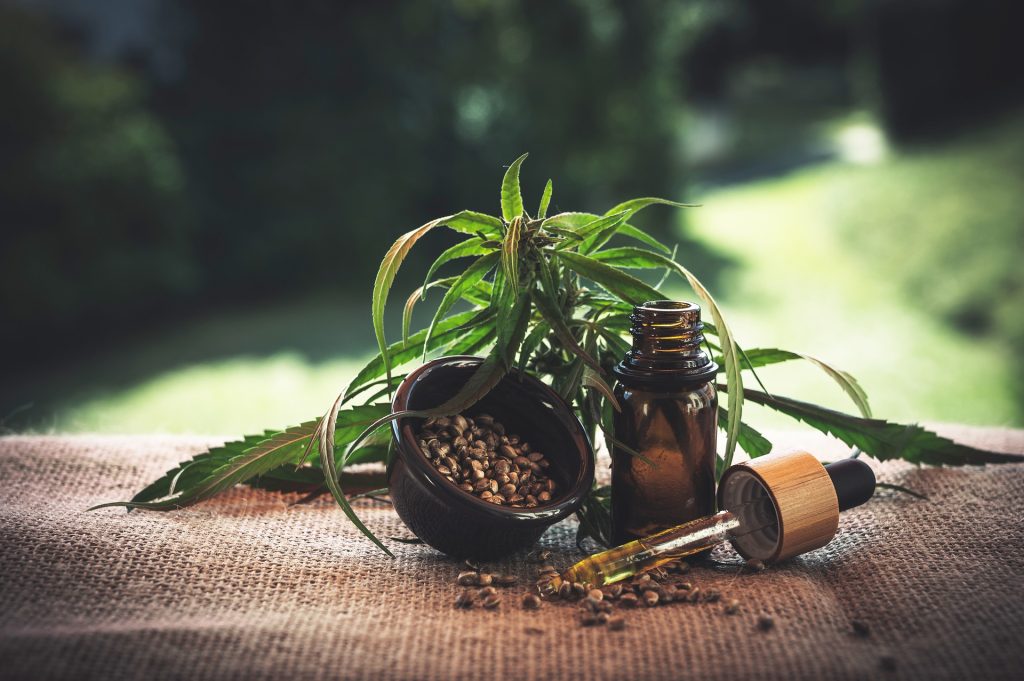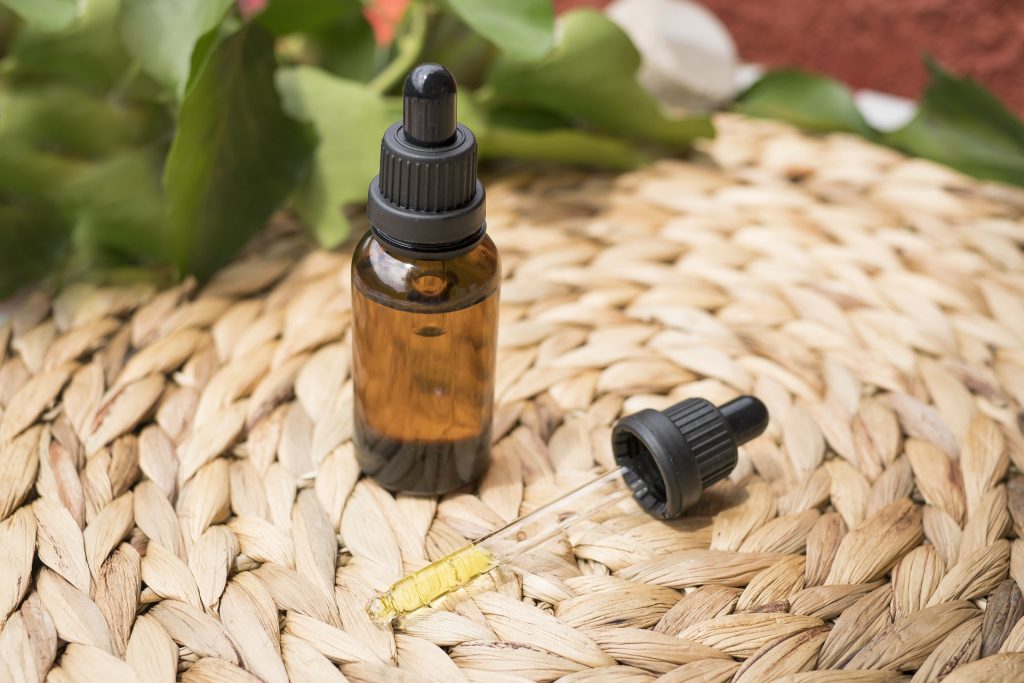Consumers will invariably have to select between Cannabidinodiol Isolate goods and distillate products. This situation exists due to the expanding market of cannabidiol (CBD) products. Understanding the fundamental differentiation between CBD isolation and CBD distillate is vital for decision-making.

What is a distillate, and how does it work?
CBD distillate is a golden, viscous liquid that includes 70-80 percent CBD and minor cannabinoids. The distillate is a highly refined extract that undergoes distillation. The distillation process is the evaporation and condensation of a liquid to cleanse it. After eliminating the ethanol solvent used to extract the CBD from the hemp plant, manufacturers employ wipe-film distillation to separate cannabidiol from different chemicals in the crude oil, depending on boiling point differences.
What is Cannabidiol Isolate, and how does it work?
Isolate is a technical phrase that depicts that the single chemical component is the substance mentioned. We are referring to cannabidiol in this scenario. Cannabidiol Isolates is one of the unadulterated forms of CBD, including no additional cannabinoids, fats, lipids, terpenes, or other chemical components in hemp plants. Isolate is a powder-like substance. It is white in color and contains pure CBD. Hemp manufacturers take the plant and extract the cannabinoids from plant material. They perform this task using biochemistry and chemical procedures and then isolate cannabidiol in refined form. In essence, distillate products are byproducts of the manufacturing process.
How do they differ?
The CBD oil undergoes recrystallization. It is a chemical process that occurs after it goes through purification. This procedure helps purify the compounds. During this process, manufacturers separate the desired components from any impurity in the mix. Then, they get rid of the pollutants. Recrystallization arises by adding solvents (chemicals that help additional diffuse compounds) to the mixture. Here, CBD distillates undergo heating until the distillate blends in the solution. The mixture’s temperature is considerably lesser once the distillate dissolves. Manufacturers term this procedure as “crashing.”
Recrystallization is a top-rated temperature manipulation process. It primarily finds application in organic chemistry laboratories. The molecules present in the CBD mixture restructure into crystalline structures when the mixture cools. These molecules isolate themselves and are no longer in contact with the primary mix. The make-up of the isolated compound is pure CBD with a non-detectable presence of additional cannabinoids, such as THC, using modern chemical and manufacturing technology. So, pure extracts and final products contain no THC whatsoever.
The content of each extract varies to some extent. Moreover, the physical look of distillate and isolate also vary. As previously stated, isolate is CBD in its most refined form. The distillate is an extract. This extract includes not just cannabidiol but additional cannabinoids: these cannabinoids contain Cannabinol (CBN), tetrahydrocannabinol (THC), and cannabigerol (CBG). Terpenes provide the hemp plants their unique flavor and fragrance and are available in the distillate, depending on the Strain of Cannabis present in the extraction process.
Cannabidinodiol Isolate or CBD Distillate: Which Products Are Better?
CBD isolation infused products are perfect for consumers wanting all of the advantages of CBD without taking additional cannabinoids, such as for treating anxiety or inflammation.
Distillate vs. Isolate – THC Content
Some users have a higher sensitivity to THC and have adverse side effects. In some cases, users need to avoid ingesting THC ingestion completely. This factor could be related to workplace testing or other reasons. Full-spectrum products provide a more significant relief than isolated products for people who do not face adverse effects or wish to consume more than minimal levels of THC. The multiple cannabinoids present in these products act synergistically. Therefore, many users argue that full-spectrum products are the most helpful products.
Have you ever come across the term “entourage effect”? The term refers to the familiar experience users feel. CBD and all plant matter naturally present in the hemp plants, including a small amount of THC, are more beneficial to users because of each other’s presence. THC can have pain-alleviating and sleep-promoting properties. However, some users claim that it may make you anxious.
Even if the THC concentration is relatively low, it is crucial to choose your extract carefully. Research on CBG’s medicinal and therapeutic advantages is sparse compared to the information present on CBD and THC. Still, early studies associate the compound with various potential medicinal uses. These uses include reducing inflammation, treating glaucoma, and killing drug-resistant bacteria. Because CBN lowers intraocular pressure in the eye, it may treat the symptoms of glaucoma. CBN also can fend off free radicals that are present in the circulatory system.

For Pain and Anxiety, Cannabidinodiol Isolate vs. Distillate
You could discover that Cannabidiol Isolate is what your body requires. However, you may instead find that you need the assistance of additional cannabinoids. These additional cannabinoids could potentially help relieve symptoms like anxiety or pain.
Cannabidinodiol Isolate products are ideal for starting if you are new to cannabis. Cannabidiol Isolate is suitable for people looking for the most concentrated CBD or for a higher dosage to get the desired effect. CBD isolation seems to be a perfect match for certain people looking to reduce anxiety and stress. It is also a suitable option for users who wish to enhance their cognitive abilities. Cannabidiol Isolate cannot induce the entourage effect. On the other hand, there are no adverse psychotropic side effects.
